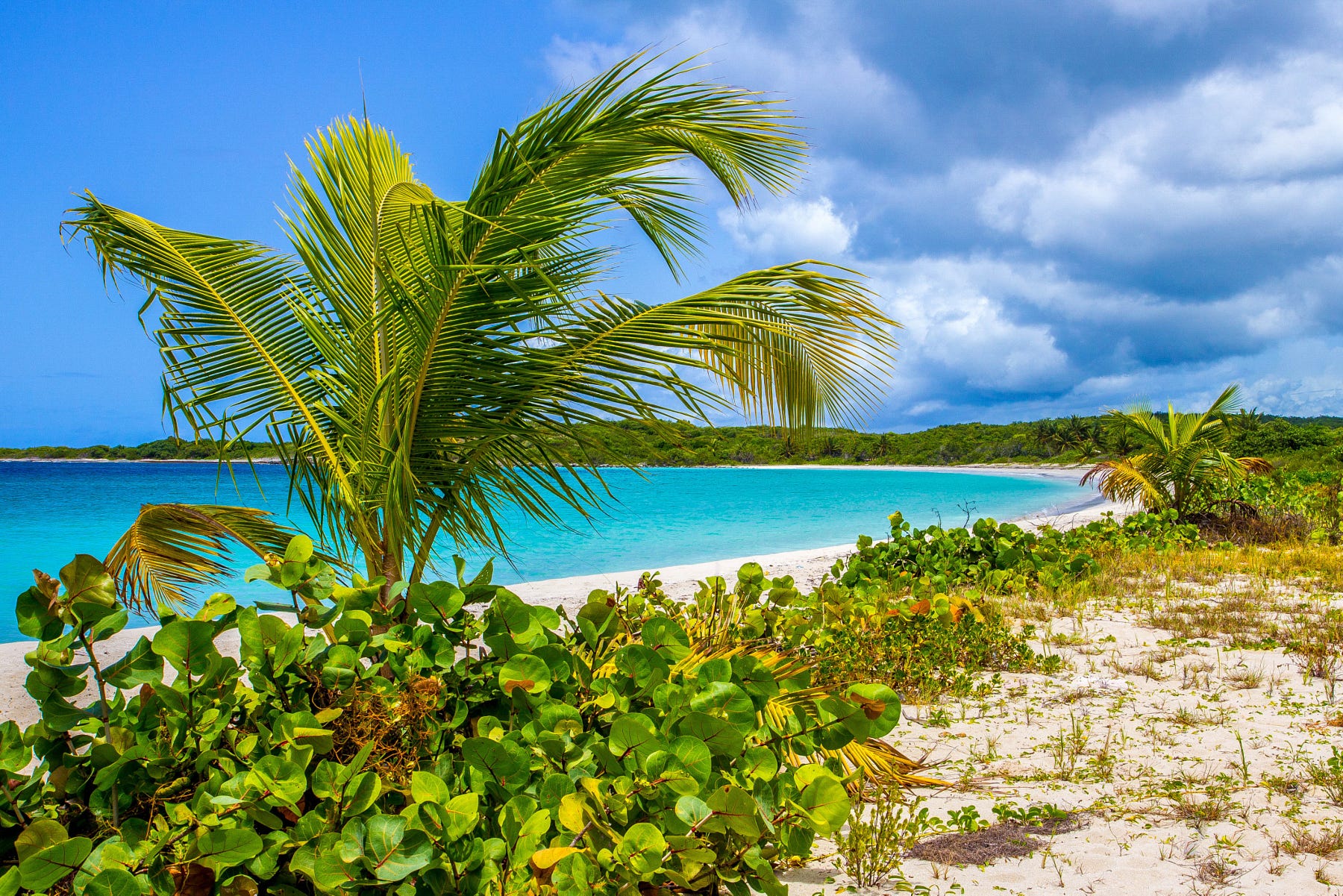Our president Jamie Williams in the New York Times:
We must not allow extremists in Congress to give away our cherished national wildlife refuges--they belong to all of us, and should be handed to future generations healthy and intact. #OurWild #KeepItPublic
Don’t Give Away Our Wildlife Refuges
JAMIE WILLIAMS
Continue reading the main storyShare This Page






Tucked into the fiscal relief package for Puerto Rico this spring was a provision to give away a national treasure that belongs to all Americans — 3,100 acres of the Vieques National Wildlife Refuge. The proposal had nothing to do with the economic recovery of Puerto Rico. But it would have handed an important victory to extremists in Congress and state legislatures who want to grab national lands and turn them over to the states to be sold or leased.

The measure to give Puerto Rico nearly one-sixth of the island of federally protected coves, beaches and subtropical forests had the support of the chairman of the House Natural Resources Committee, Representative Rob Bishop, Republican of Utah, who is a leading proponent of an agenda to dispose of America’s public lands.
Fortunately, Hispanic and conservation groups helped rouse opposition to the effort, and the provision was taken out of the bill.
But that was only one of several efforts in Congress and elsewhere to dismantle the nation’s system of more than 560 wildlife refuges and 38 wetlands totaling about 150 million acres of land and water. Opponents of federal land ownership also want to dispose of hundreds of millions of acres of forests and rangelands owned by the American people. If they succeed, not even the national parks will be safe.

The lawmakers behind these attacks are determined, as they put it, to “reduce the federal estate” and give these public lands to cash-hungry states or territories, where they could be leased, drilled, logged or sold to the highest bidder.
It’s worth remembering that the year began with the 41-day armed occupation of the Malheur National Wildlife Refuge in Oregon by vigilantes who refused to recognize the federal ownership of the refuge.

Then in April, the proposed giveaway of part of the Vieques National Wildlife Refuge, where visitors can witness the bioluminescence of ocean organisms and spot hundreds of bird and other species, was buried in the debt-relief package for Puerto Rico.
In May, the House approved a defense authorization bill that included a provision to transfer to the Air Force jurisdiction over a huge portion of the Desert National Wildlife Refuge in Nevada. The Defense Department hadn’t sought the 850,000 acres and had opposed a similar effort last year. The measure would also strip away existing conservation safeguards. The refuge, established in 1936, provides habitat essential to a subspecies of bighorn sheep adapted for desert living and hosts hundreds of species of birds and plants native to the Mojave Desert. It is the largest national wildlife refuge in the lower 48 states.
In July, Senator Lisa Murkowski, Republican of Alaska, introduced a billthat would permit construction of a road though a protected wilderness area in the Izembek National Wildlife Refuge in Alaska, which provides essential habitat for many wild animals. The Interior Department had rejected the proposed road in 2013 after concluding that the “globally significant landscape” and its wildlife, including virtually the world’s entire population of a goose, the Pacific black brant, would be “irretrievably damaged” by the construction and use of the road.
In Massachusetts, a battle is underway over the Monomoy National Wildlife Refuge on Cape Cod, where state and local officials claim that 4,000 acres of the refuge actually belong to the state.
Unfortunately, these efforts, particularly those in the West, are not likely to end. Congressional opponents of federal lands have set up a “Federal Land Action Group” to “develop a legislative framework for transferring public lands to local ownership and control.” The group promotes the flawed idea that local communities would fare better if national lands were given to the states to manage. That idea has proponents in 19 state legislatures.
We hear over and over that the government can’t manage the land it already owns. Those words ring especially hollow when they come from the same members of Congress who deliberately underfund our parks and public lands and undermine community-driven, science-based efforts to manage them.
Anti-conservation lawmakers devise such distractions to justify their actions because they know that the American people prize these lands. That’s why opponents of federal ownership often bury these measures in large bills that Congress must pass.
The reality is that people as well as birds and other wildlife flock to our national refuges, parks and forests. Many of these protected areas are near populous urban centers and offer children a first dose of wild America.
If Congress were to succeed in giving away one of these treasures, what would be next on the auction block? Theodore Roosevelt’s beloved Pelican Island in Florida, where exotic birds were being slaughtered for their plumage until he stepped in? Or the Lewis and Clark refuge in Oregon, which remains much as it was when the explorers first passed through in November 1805?
These refuges play a special role by protecting vital habitat for our country’s extraordinary wildlife. They are part of our natural heritage and national identity. They are public lands owned by all of us, just like our national park system, which celebrates its 100th anniversary next week. They should be handed to future generations healthy and intact.


























No comments:
Post a Comment